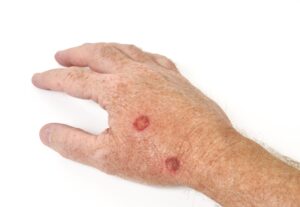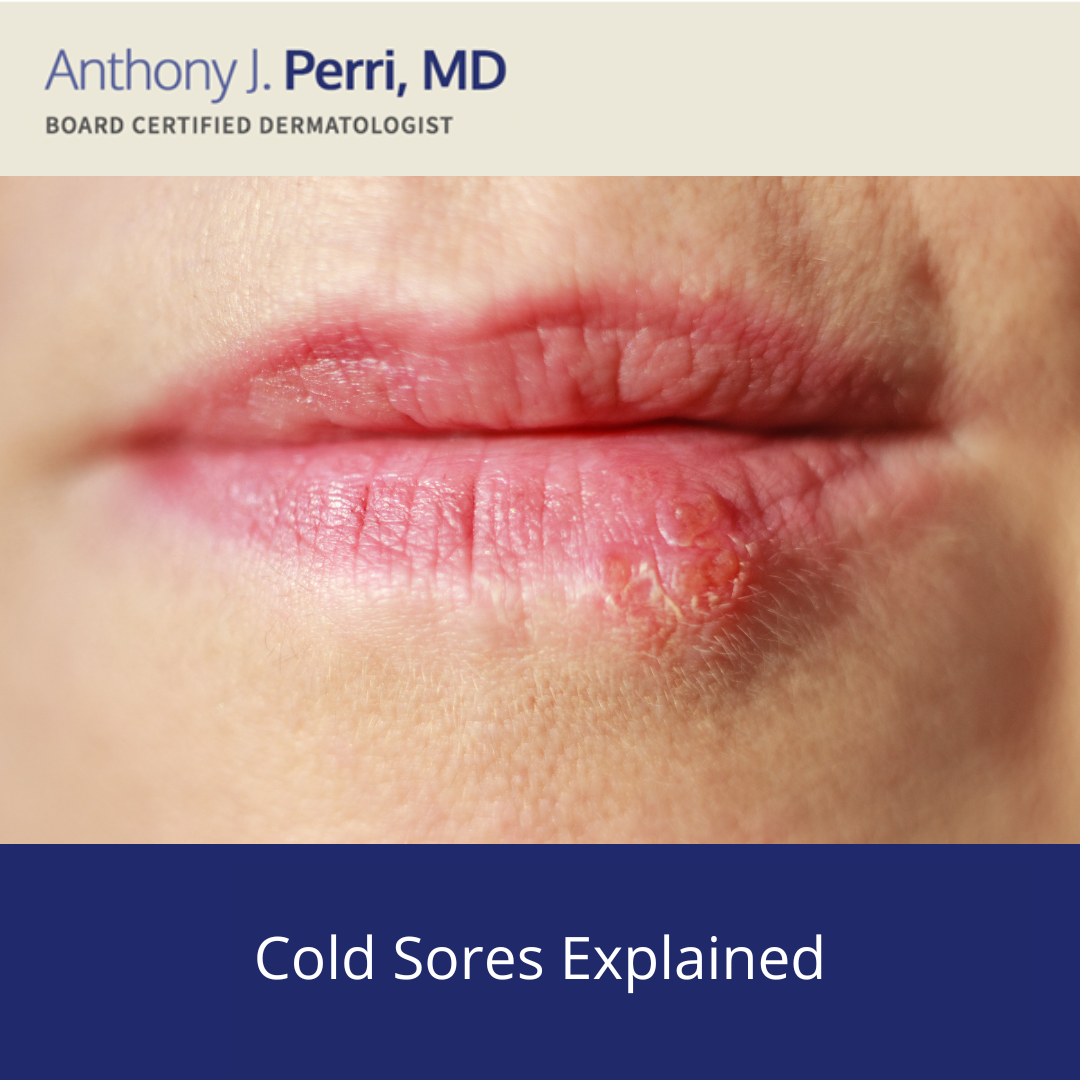
Most people are familiar with warts, but don’t understand what causes them—or the fact that they are contagious. If you have a wart, treatment is essential to stop it in its tracks, but you must also be vigilant about keeping the wart contained to prevent it from spreading.
Why Are Warts Contagious?
Warts don’t just grow out of nowhere—they’re caused by the human papillomavirus (HPV). Viruses are contagious, and HPV is no exception. Warts can be spread by skin-to-skin contact, and the virus will usually find a way into the body where the skin is broken. Chronic nail-biters can be at a greater risk of warts because the chewing of the nails and skin can create small openings around the nail for HPV to enter.
How to Stop Your Warts from Spreading
If you have a wart, you’re going to want to try an at-home wart treatment or visit a dermatologist as soon as possible. You need to get the treatment process started right away because it can take a while for a wart to disappear completely.
While you’re undergoing wart treatment, though, you must remember that your wart is still contagious. You could pass the wart-causing virus on to your friends, family members, or complete strangers. There’s also the possibility that your warts can multiply and spread to other parts of your body. Imagine starting your wart treatment, only to discover a few days later that a couple more have popped up on your hands.
Here are a few rules to follow while you have warts:
- When you have a wart on your foot, try to keep your feet as dry as possible. Warts love moisture, and a damp sock or shoe is a prime breeding ground.
- Avoid the temptation to pick at or scratch your wart. Small pieces of the wart can get stuck under your nails and fall anywhere.
- Wash your hands thoroughly and often, especially if you accidentally touch your wart.
- When filing your nails, use a disposable emery board. You should also try not to brush, clip, or shave areas that have warts.
You should also keep a bandage around your wart (unless your dermatologist recommends otherwise) so it has a better chance of healing, and there’s less of a chance that you’ll further infect yourself, or someone else.
Wart Treatment
If you want to try an at-home treatment first, most dermatologists recommend Compound W, which is a salicylic acid. You apply it directly to the wart, and it will slowly eat away at the top layer of skin, begin to peel and take the wart with it. Rare side effects can include light-headedness, severe skin irritation, hives, and swelling. It’s also not recommended for certain groups of people.
If you try Compound W for eight to twelve weeks and don’t see much of an improvement, a dermatologist can step in to help. Dr. Perri at Perri Dermatology uses cryosurgery, which freezes the wart off with liquid nitrogen.
Ready to get rid of your warts for good? Contact Dr. Perri at Perri Dermatology to schedule an appointment at one of our two offices.




